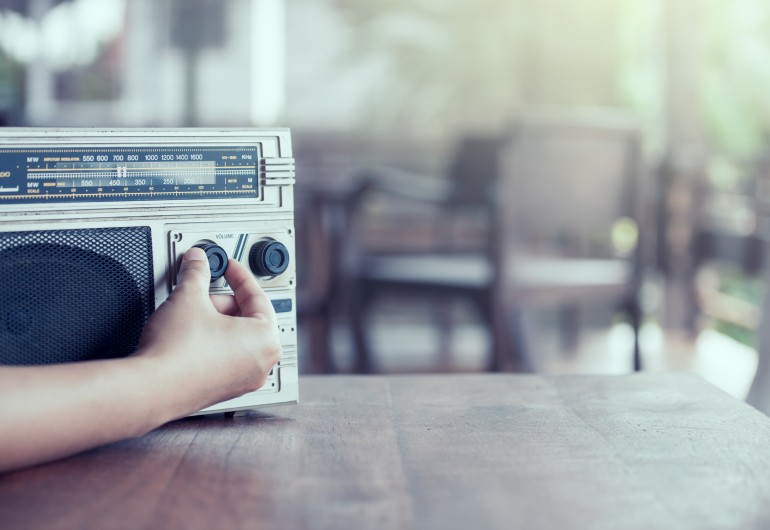The Value of Listening Differently to Your Song

The blessing and the curse of recording your finished song is that you can really dig in and scrutinize every detail. The “blessing” part is being able to hear all of the things that are coming together to make your song sound great but the “curse” is that by listening so closely, you can tend to obsess over small - and sometimes insignificant - details which prevent you from taking in the big picture. To help get a more well-rounded opinion of your song’s recording, it can be helpful to listen to it in a variety of situations.
Sometimes lo-fi works best
Given that the average listener doesn’t own a $1,000 set of studio speakers, it can be useful to listen to your songs in a variety of settings from your car to your smart phone or tablet (yes, even on those tiny speakers) to those ever-present earbuds. Now, while your recordings won’t sound as full and warm in these other settings, it will give you a much better indication as to whether your mix is well-balanced. What I mean by this is that you should still be able to hear the singer and how the vocals relate to the various instruments. If, for example, on your iPad speakers the electric guitars drown out the words, then that’s a much better “real world” indication that either the electric guitars need to be lowered or the vocals need to come up. Often, recording studios will keep a set of low quality speakers next to their regular ones to see how the mix translates. It’s always a good idea to compare.
Stop paying such close attention
Another risk in only listening to your songs in a studio setting is that by concentrating so hard you can’t “hear” the forest for the trees. Sometimes the best thing to do is to pay less attention and have the recording playing in the background. I refer to this as the “other room test.” In other words, if you’re playing your demo in the other room while you’re busy doing something else and something still jumps out at you as needing to be fixed, that’s a good indication that there’s an issue in your recording that needs to be addressed.
Even rough recordings can benefit
When it comes to rough recordings, it can be hugely helpful to listen to these in a variety of settings as well. Even if you are performing your songs already and they seem finished, listening back to your rough recording - a simple single instrument and vocal - can give you insight into whether your melody and lyric are working. The key here is to find ways to hear your songs differently to expose any flaws or areas that need further attention. A trick that was shown to me recently is to play your song while watching a music video of a similar genre and feel on mute. This can give you a sense as to whether your song would work, and be believable for the masses when introduced in a visual setting.
In the end, the key is to explore different listening contexts for your songs so that you have a more well-rounded and actionable appreciation for what is and isn’t working in your recordings.
Good luck!






Community
Connect with BMI & Professional Songwriters